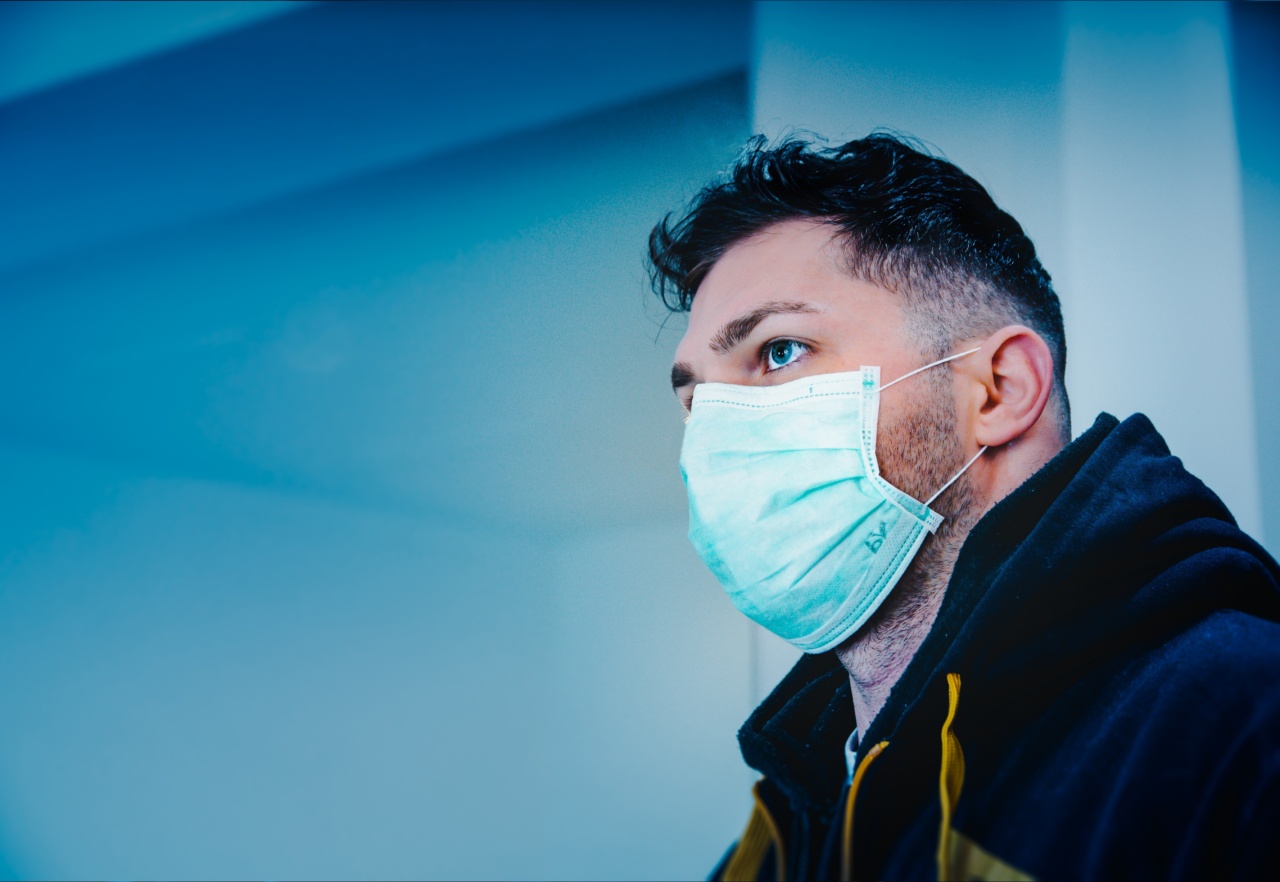Colds are one of the most common illnesses that affect people. They can range from uncomfortable to debilitating; itchy throat, runny nose, headache, dizziness, and coughing are among some of the unpleasant symptoms that come with having a cold.
Most people have likely had a cold more than once in their life, and may wonder whether it is possible to get the same cold virus again.
What is a cold?
A cold is a viral infection that affects the nose and throat, and can be caused by a variety of viruses. The most common virus that is responsible for colds is the rhinovirus.
The cold virus spreads by coming into contact with droplets when someone who is infected coughs, sneezes, or talks. The virus can also spread by coming into direct contact with an infected person’s skin or from sharing items, such as utensils, tissues, or towels.
Can you get the same cold twice?
Many people wonder whether they can get the same cold twice because they may experience similar symptoms at different times. The answer to this question is that it depends.
There are over 200 different known strains of viruses that can cause a cold, and each of them has its unique genetic makeup. Therefore, it is possible to get a cold multiple times because you can be infected with a different virus each time. For example, if someone gets a cold caused by the rhinovirus, they may build immunity to that specific strain.
However, they will not develop immunity to other strains of the rhinovirus or other viruses that can cause colds.
Why do some people get more colds than others?
Some people may be more prone to getting colds than others because of several factors. For example, people who are frequently around others who are sick, such as those who work in schools or hospitals, may be more likely to get colds.
People who smoke or are exposed to secondhand smoke may also be more susceptible to colds and other respiratory illnesses. People who have weakened immune systems, such as those who have autoimmune diseases or are undergoing cancer treatment, may also be at a higher risk for developing colds and other infections.
How to prevent colds
While you cannot entirely prevent getting a cold, there are steps you can take to reduce the risk of infection. Here are some tips on how to avoid getting a cold:.
- Wash your hands regularly with soap and water.
- Avoid touching your face, especially your mouth, nose, and eyes, as this can introduce viruses into your system.
- Cover your mouth and nose with a tissue when you cough or sneeze, and dispose of the tissue immediately.
- Clean and disinfect frequently touched objects and surfaces, such as doorknobs, phones, and keyboards.
- Avoid close contact with people who are sick.
- Eat a healthy diet that is rich in vitamins and minerals.
- Stay hydrated by drinking plenty of liquids, such as water, tea, and soup.
- Get enough sleep each night to keep your immune system strong.
How to treat a cold
While there is no cure for the common cold, there are several things you can do to treat the symptoms and make yourself more comfortable. Here are some tips for treating a cold:.
- Stay hydrated by drinking plenty of fluids, such as water, tea, and soup.
- Rest and get plenty of sleep.
- Use over-the-counter cold and cough medications, such as decongestants, antihistamines, and pain relievers, as directed.
- Gargle with salt water to relieve a sore throat.
- Use a humidifier or vaporizer to keep the air moist, which can help relieve congestion.
- Eat foods that are easy to swallow, such as soup, applesauce, and pudding.
- Avoid smoking or being around others who smoke.
Conclusion
To wrap up, it is possible to get a cold multiple times because there are over 200 different viruses that can cause colds.
While you cannot entirely prevent getting a cold, taking steps to reduce your risk of infection, such as washing your hands regularly and avoiding close contact with people who are sick, can help. If you do get a cold, getting plenty of rest, staying hydrated, and using over-the-counter treatments can help relieve symptoms and make you more comfortable.































